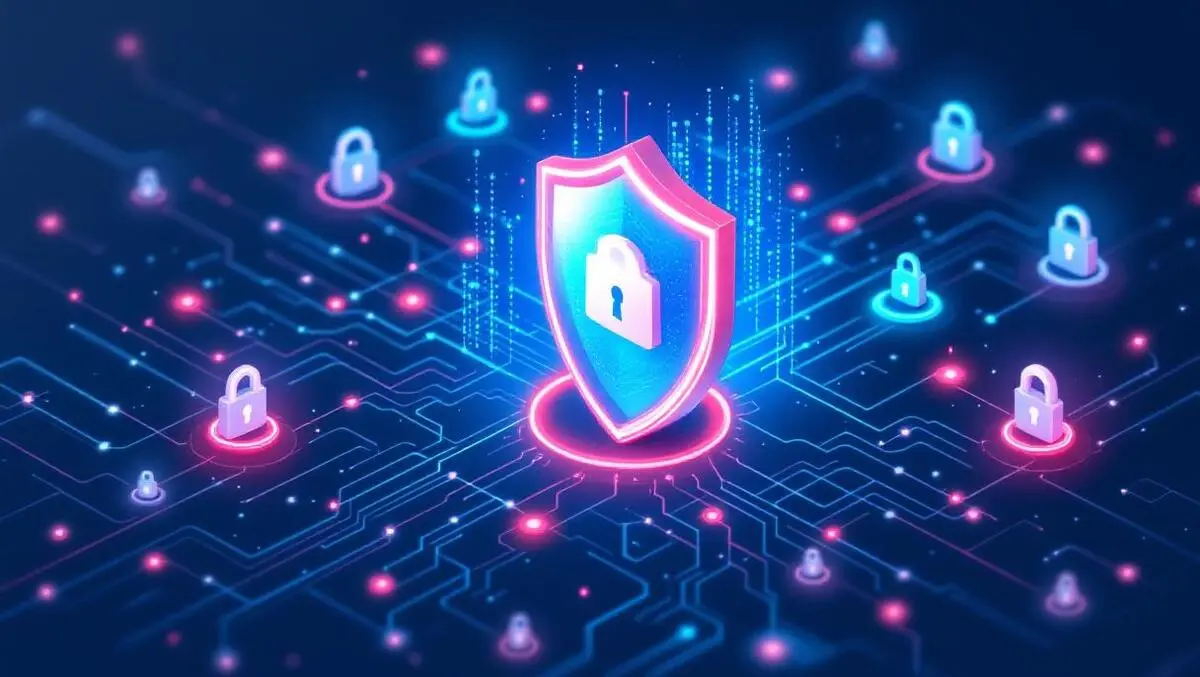Fortinet Advances Quantum-Safe Security to Guard Against Emerging Quantum Threats
Fortinet, the
global cybersecurity leader driving the convergence of networking and security,
announced expanded innovations within its unified operating system, FortiOS,
that protect against quantum-computing threats to current encryption standards.
The latest FortiOS capabilities help organizations with highly sensitive data
deploy encryption algorithms and key distribution methods that can withstand
quantum-powered attacks, stack algorithms for more robust protection, and
easily transition to post-quantum security.
“ At Fortinet,
we’re committed to arming customers with cutting-edge technology to protect
against new and emerging threats. As quantum computing advances, organizations
can trust Fortinet’s technology innovation and leadership to safeguard their
critical data and future-proof their infrastructures. Many enterprises are
eager to take action to protect their networks from quantum-powered threats.
That’s why we’ve made cutting-edge, quantum-safe features available today for
FortiGate NGFW and Fortinet Secure SD-WAN customers, so they can confidently
transition to post-quantum security,” said, Michael Xie, Founder, President, and Chief
Technology Officer at Fortinet
Organizations Handling Sensitive Information
Need Quantum-Safe Encryption Now
Quantum computers
can perform complex calculations at unprecedented speeds and can easily break
current encryption standards. Cybercriminals are already storing encrypted
traffic to decrypt in the future, with a particular focus on industries that
handle highly sensitive data that remains relevant over long periods, such as
telecommunications, financial services, government, and healthcare.
FortiOS: ready for the post-quantum world
With FortiOS 7.6, organizations, such as those using FortiGate
next-generation firewall (NGFW) and Fortinet Secure SD-WAN, can now leverage
built-in quantum-safe features designed to defend against emerging threats,
including harvest-now, decrypt-later (HNDL) attacks. These capabilities help
secure network traffic, simplify deployment, and support a smooth transition to
post-quantum security. Customers have access to the following quantum-safe
features at no additional cost: Post-quantum cryptography (PQC) methods,
including National Institute of Standards and Technology (NIST)-approved
algorithms like ML-KEM and emerging algorithms like BIKE, HQC, and Frodo.
Quantum key distribution (QKD), leveraging quantum mechanics to enable
the secure exchange of encryption keys, ensures that any eavesdropping attempts
are detectable. Fortinet introduced support for QKD integrations starting with
FortiOS 7.4, enabling interoperability with leading QKD vendors via
standardized interfaces. This capability underscores Fortinet’s proactive
approach to quantum-resilient network security by integrating quantum-safe key
exchange mechanisms into its NGFW architecture.
Algorithm stacking, which combines multiple cryptographic algorithms to
create a more resilient solution and enhance network infrastructure security.
A hybrid mode for gradual transition to post-quantum security that
enables seamless integration of traditional public-key cryptography and QKD.
An enhanced user interface that simplifies the configuration and
management of quantum-safe settings so that network administrators can
implement quantum-safe security easily.































Leave A Comment